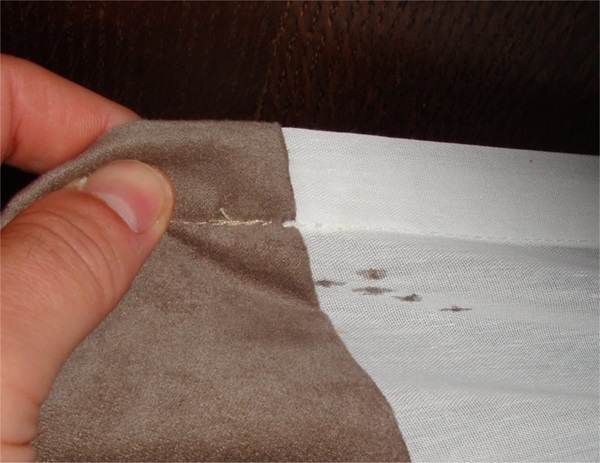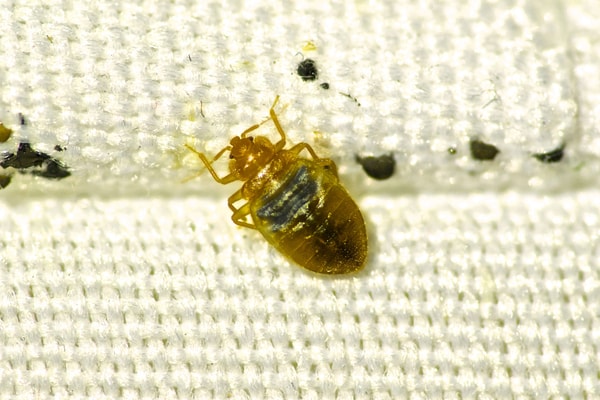Bed bugs are among the most feared of all household pests. These tiny blood-suckers specialize in tormenting their human hosts and are notoriously difficult to exterminate. Bed bugs are resilient, and many over-the-counter pesticides have no effect on them. Even worse, most people don’t know they have a bed bug problem until it’s too late to take preventive measures.

So how can you and your family survive a bed bug infestation, and how can you help make sure your home is safe from bed bugs in the future?
Early Signs of Bed Bugs
Catching bed bugs in the act is difficult. When you exhale during sleep, you release chemical signals that tell bed bugs a food source is nearby.

The most common warning signs of a bed bug problem are blood spots or skin. However, you may also notice bed bug bites. If you or any member of your family wakes up itching, look out for clusters of bites. The areas of the body most commonly affected by bed bug bites are the arms, neck and back, but any area of your body that is exposed while sleeping may be attractive to bed bugs.
Bed bug bites may resemble mosquito or flea bites. In order to determine whether or not bed bugs are responsible for your bites, look for these other signs of bed bug activity.
- Dark reddish spots or smears dotting your bedding. Such stains, which resemble specks of blood, could be signs of bed bugs.
- Pale yellow flakes scattered across your bedding. As beg bugs mature, they shed their skins (molt), leaving behind these shells.
- Unpleasant odors. Bedding infested with bed bugs may possess a slightly sweet or "rotting fruit" odor.
How to Treat Bed Bugs and Bed Bug Bites

Bed bugs feed on human blood. As they bite, bed bugs secrete two substances. One substance prevents the host’s blood from clotting immediately, and the other may dull the pain and makes sure that the host remains unaware that they are being bitten. Once a bed bug has gotten its fill, it detaches.
For some, within the few hours the bed bug bite begins to itch. The American Academy of Dermatology (AAD) suggests that people who have been bitten by bed bugs should resist the urge to scratch. Breaking the skin around an insect bite can cause it to become infected.
Instead, the AAD recommends the following regimen to treat bed bug bites:
- Clean the bites with soap and water to prevent itching and to reduce the risk of infection.
- Apply a corticosteroid cream to the bites. These medications are available over the counter at most pharmacies. If the bites prove to be very painful, non-prescription antihistamines, taken orally in pill or liquid form, can also help.
- Look for signs of an allergic reaction. If the area around the bed bug bites becomes red and/or swollen or you begin breaking out in hives, consult a physician.
Once you identify that you have an infestation, learning how to treat bed bugs is best left to the professionals, but there may be some things you can do to prevent the problems from worsening.
Helping Prevent a Bed Bug Infestation
You can take proactive steps to help protect you and your family from these parasites.
Consider using a mattress encasement system. These create an impermeable barrier against any bed bugs that may find their way into your home. The bed bugs should become trapped between the encasement and the mattress and will eventually starve. However, an encasement system will not necessarily prevent bed bugs that may have taken up residence in other areas of your home.
If you spot bed bugs, or signs that they're present, you should always contact a professional. Bed bugs are resistant to many DIY treatments, and the bed bugs you can’t see are a much bigger problem than any bed bugs you might trap or kill on your own.


